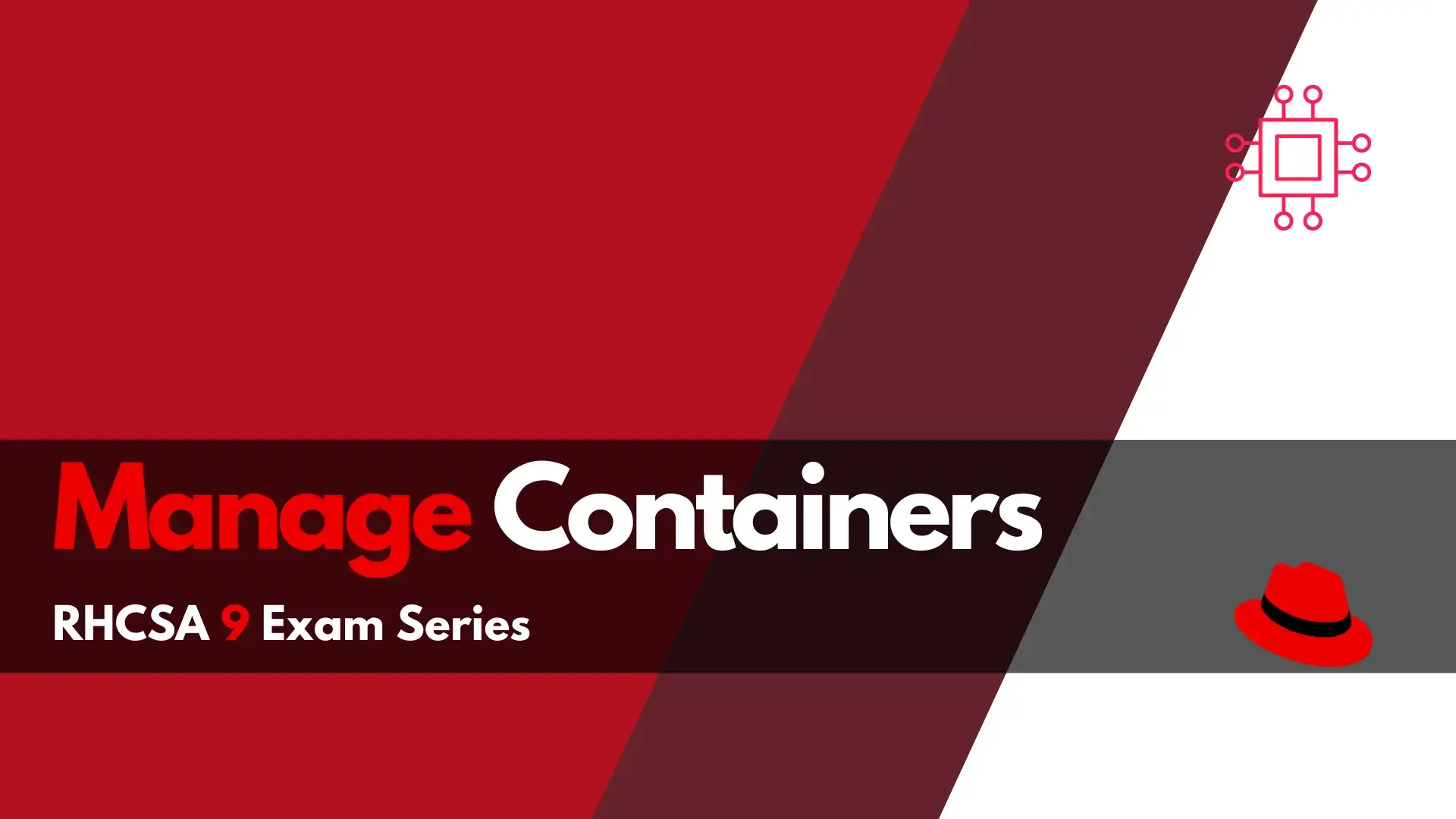
Are you looking to secure your Cockpit server and protect sensitive data? Follow these steps to Install SSL Certificates on Cockpit and protect your server

Are you interested in a career in Linux or an aspiring Linux professional? Discover how you can earn over $250k in just 5 years. With the increasing demand for Linux professionals in the technology industry, there is a great opportunity to earn a lucrative income in this field.
According to the job search website, Indeed, the average salary for a Linux systems administrator in the United States is $95,000 per year, and for a Linux engineer, it is $121,000 per year. However, with the right skillset and certifications, it is possible to earn over $250,000 per year as a Linux professional. In this blog post, we will outline a 5-year plan for aspiring Linux professionals to achieve this goal.

The first year of your plan should be focused on learning the basics of Linux. This includes understanding the file system, user management, networking, and basic commands. You should also learn about the different Linux distributions and how they differ from one another. It is important to become proficient in using the command line interface, as this is a critical skill for Linux professionals. Additionally, you should start working on your problem-solving skills and troubleshooting techniques.
To achieve this goal, you can take online courses or attend in-person classes. There are many free resources available, such as Linux Academy and edX, which offer courses in Linux fundamentals.
CompTIA Linux+
LPIC-1 (Linux Professional Institute Certification)
In your second year, you should build on the basics that you learned in year one. This includes learning more advanced Linux concepts such as scripting, automation, and security. You should also start to learn about Linux server administration, including setting up and managing web servers, database servers, and email servers.
To achieve this goal, you can take courses or attend workshops on Linux server administration. You should also start to work on real-world projects to gain practical experience in this area.
LPIC-2 (Linux Professional Institute Certification)
In year three, you should start to specialize in a particular area of Linux. This could be cloud computing, networking, security, or any other area that interests you. Specializing in a particular area will make you more valuable to employers and increase your earning potential.
To achieve this goal, you can take specialized courses or attend conferences focused on your chosen area. You should also start working on projects that allow you to gain practical experience in your chosen area.
AWS Certified Solutions Architect
AWS Certified DevOps Engineer
CompTIA Linux+ Advanced Administration
In year four, you should focus on gaining practical experience in your chosen area of specialization. This could include working on projects for clients or contributing to open-source projects. You should also start to develop leadership skills, as this will make you more valuable to employers.
To achieve this goal, you can start taking on leadership roles in projects or volunteer to lead projects within your organization. You can also attend workshops or conferences focused on developing leadership skills.
Red Hat Certified Engineer (RHCE)
CompTIA Linux+ Powered by LPI
In your final year, you should focus on expanding your knowledge and network. This could include attending conferences, networking with other Linux professionals, and keeping up-to-date with the latest trends and technologies in the industry. You should also start to think about your long-term career goals and what steps you need to take to achieve them.
To achieve this goal, you can attend conferences, join online communities, and participate in forums and discussion groups focused on Linux and related technologies. You should also consider contributing to open-source projects or publishing articles or blog posts on your area of expertise.
Certified Kubernetes Administrator (CKA)
Red Hat Certified Architect (RHCA)
Ranking the certifications mentioned in order of difficulty is subjective and can vary depending on individual skills, experience, and knowledge. However, here is a tentative ranking based on the overall difficulty level of the certifications:
Certified Kubernetes Administrator (CKA)
Red Hat Certified Architect (RHCA)
Red Hat Certified Engineer (RHCE)
AWS Certified DevOps Engineer
AWS Certified Solutions Architect
Red Hat Certified Systems Administrator (RHCSA)
LPIC-2 (Linux Professional Institute Certification)
CompTIA Linux+ Powered by LPI
CompTIA Linux+ Advanced Administration
LPIC-1 (Linux Professional Institute Certification)
CompTIA Linux+
It’s important to note that the difficulty level of each certification can vary depending on the individual’s experience, knowledge, and skillset.
Achieving a salary of over $250,000 per year as a Linux systems administrator or engineer is a realistic goal if you are willing to put in the time and effort to develop the necessary skills and expertise. Following the 5-year plan outlined in this blog post will give you a clear roadmap to achieving this goal. Remember to continuously learn and stay up-to-date with the latest trends and technologies in the industry, as this will make you more valuable to employers.
With dedication and hard work, you can become a highly sought-after Linux professional and achieve your career goals. If you found this article helpful, please let us know by leaving a comment below. We would greatly appreciate your feedback!
Related Posts

Are you looking to secure your Cockpit server and protect sensitive data? Follow these steps to Install SSL Certificates on Cockpit and protect your server

Unlocking Success: Junior Linux Sysadmin Skills Unveiled – From command line to networking essentials, gain vital skills for effective Linux system administration in this comprehensive

Looking to enhance your Linux skillset? RHCSA 9 Container Management Skills introduces a new section on container management, making it a must-have competency for any
